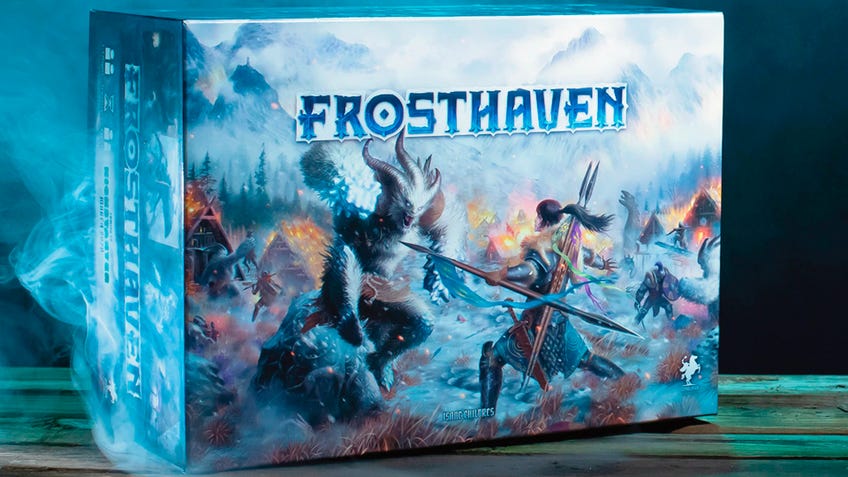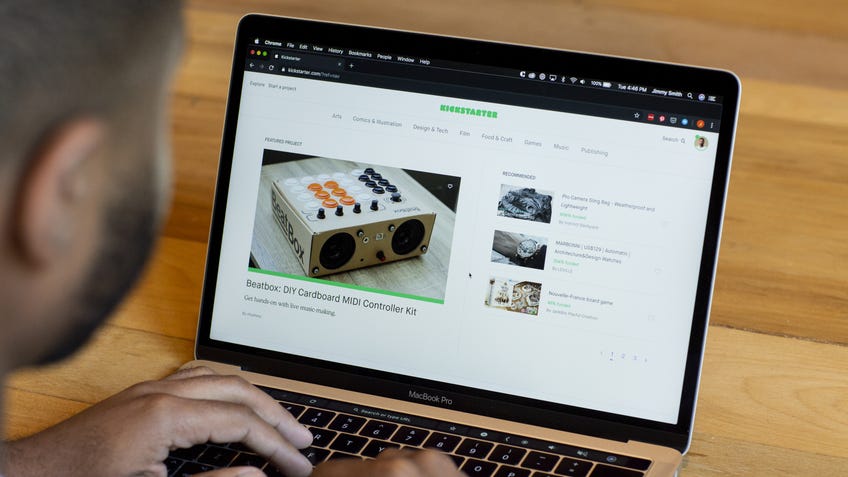Almost a fifth of money raised by Kickstarter projects goes to scam campaigns, report alleges
Crowdfunding platform denies claim about its own internal figures.
Fraud is allegedly rampant on Kickstarter, a new report has claimed, with nearly a fifth of revenue raised on the crowdfunding giant going toward scams.
That’s according to a lengthy report in Fortune [paywalled] covering the crowdfunding platform’s turbulent history and current difficulties in the wake of its controversial blockchain plans and emerging rivals, which cited Kickstarter’s own alleged internal data in estimating that up to 18% of revenue originates from fraudulent projects.
While the claim didn’t break down the figure by different categories on the crowdfunding site - which has built up particular popularity among tabletop creators looking to get their board game and tabletop RPGs projects off the ground - Fortune reported that over 100 complaints had been submitted to US consumer protection organisation Better Business Bureau in the last three years, with many making claims against scam projects that never fulfil backers. (In one cited case successfully brought to court last year, a Kickstarter creator invested money supposedly raised for turtle conservation charities in crypto instead.)
A Kickstarter representative denied the estimate provided and claimed that the company had taken “extensive measures” to combat fraud, with the introduction of additional software and processes for detecting scam campaigns. The company itself has not been charged in any lawsuits or complaints raised against scam creators.

The Fortune report claims that Kickstarter’s controversial plans to move the platform onto the blockchain in 2022 - which were met with no shortage of backlash from creators and consumers alike, and triggered an exodus of creators to rival platforms - came in the wake of a secret $100 million round of investment led by a16z, the crypto fund of venture firm Andreessen Horowitz.
The ‘Hail Mary’ decision followed an apparent stagnation in the number of projects crowdfunded on Kickstarter around 2016, which would reportedly later peak with over $800m raised during the pandemic before struggling to maintain that same momentum. (Kickstarter did not release official figures for the amount of projects funded or money raised during 2023, but a spokesperson claimed it has raised more than $8 billion in total since 2009.) Meanwhile, the crowdfunding pioneer has faced increased competition from upstart competitors including the tabletop-focused Gamefound and fulfilment tool-turned-standalone crowdfunding platform BackerKit.

Despite Kickstarter later reversing its blockchain plans and making efforts to tempt major creators back, it seems that the damage is done - with the biggest name in crowdfunding now working to regain its place as the go-to crowdfunding platform.
“There is this desire to become more of a marketplace and be a household name again,” one former Kickstarter employee is quoted as saying. “I feel like we’re stagnating because our reputation is getting worse and worse.”

